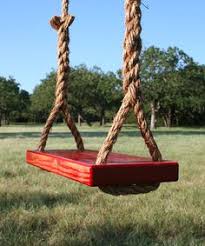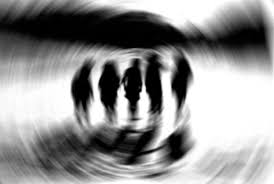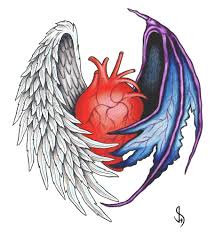Seventh Son, by Orson Scott Card, 1987
 Seventh Son
Seventh Son is a serious reality bender. Orson Scott Card, who has only taken me into the future in the past (!) has now in the present taken me deep into the past, America's own past, fictioning a world in which the fundamentals of what we call history have been altered into a different set of assumptions. So far, the arc-bending has seemed interesting, intriguing, but ancillary to the exciting story itself. I wonder if in other books in the series the altered history becomes an issue in itself.
Set in the late 1700s (I think), in the "Hio" river valley, the book speaks directly to me, as someone whose ancestors traveled to and settled in the Ohio valley region in those years. Other place names are evocative--Wobbish perhaps for Wabash, for example. Whites are moving into the area, breaking ground, cutting trees, making towns. The character Taleswapper observes,

"All the country between the Hio and the Wobbish was being settled sparsely but evenly, and even now, from his perch atop a willow at the crest of a rise, Taleswappper could see three dozen cookfires sending pillars of smoke straight up into the cold autumn air. And in every direction, great swatches of forest had been cleared, the land plowed, crops planted, tended, harvested, so that where once great trees had shielded the earth from the sky's eye, now the stubbled soil was naked, waiting for the winter to cover its shame."

On one of the cleared patches lives the Miller family, Alvin and Faith Miller and their 14 (13 living) children, have made a home. One of the boys, also named Alvin, is their seventh son--of a seventh son, since Alvin Senior is also a seventh son. In
Seventh Son, most of the people follow olden ways of hexes and spells and subtle psychic powers. Makers can make things happen in certain ways. Torches can see the spirits and secrets of people. The power is present in all, but strong in some. It is strong in the Miller family. Alvin Junior is a Maker. Even as a child, he tied knots that stayed tied, kept the roaches out of his bed by asking, and cut stone so it would split smoothly.

Alvin the Maker is set up in an epic battle against the Unmaker. Unmaking lurks at the shadows of Alvin's life. When the Unmaker presence looms, Alvin makes things--little baskets, repair of a wall, even a hayrick--something to push back the shadows. Because of the circumstances of his birth, Alvin has a protector, a Torch who watches out for him and changes the terms of his danger. At one point, a huge beam falls right where Alvin is standing, but he is unharmed. It is a miracle.
But, is it a miracle of God? That's the question for the preacher, Thrower. He sees the magic/power surrounding Alvin as being from the Devil. Thrower torments Alvin and is tormented by him. Alvin is far beyond the preacher's theology, but Thrower sees Alvin as beneath. This is a fundamental conflict in the book. The reader is drawn to wonder if Thrower is misled about a spirit who visits him clothed as an angel of God. Indeed, on whose side is God?
 Seventh Son
Seventh Son is the set-up book. We meet and begin to love Alvin. We start to know the players in his story. But, at the end of the book, although his life's work has yet to begin, the foreshadowing certainly has. I look forward to miracles and horrors, beauty and terror, certainty and risk. Can't wait.
Ender's Game is the only other book by O.S. Card that I've read, and I thought it was terrific. But it was set in a somewhat alien future. I was an outsider to the action.
Seventh Son is in and of my own place, my own Appalachian homeland, the migration of my own people. I see remnants of the primordial pre-Colombian landscape everywhere I look in Vinton County, Ohio, where I live. I think this is part of the reason this book drew me in so quickly (by page 12, not kidding).
It is such an American story. Taleswapper has swapped stories with Thomas Jefferson, Ben Franklin, and many iconic historical figures, although they appear in unexpected places and contexts. Taleswapper asks people he visits to write in his journal the most important thing they have ever made. Taleswapper says about Franklin,
"I said to him, Ben, what's the most important thing you ever made?...and Ben said, 'The only thing I ever truly made was Americans.' Old Ben figured ...names divided us up into Virginians, and Rhode Islanders, into Whites and Reds...Old Ben knew that if people could once start thinking of themselves as Americans, we'd become a nation. So he started using that word in everything he wrote. Poor Richard's Almanac was full of talk about Americans this and Americans that."
This is great stuff, twining the larger context of America as a nation into this tale of Makers and Unmakers. I can't wait to read more.
I highly recommend this book, but if your Christianity is rigid, you should stay away from it. It's for you, and good for you, but not if you want to stay the same.